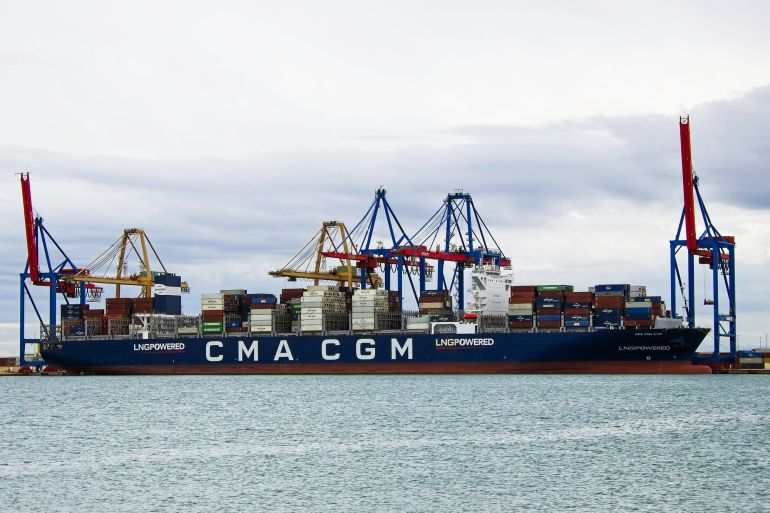
President Biden’s Administration Targets China’s Unfair Trade Practices
President Biden’s administration has taken a firm stance against what it perceives as China’s unfair trade practices, particularly targeting the steel and shipbuilding industries. By directing the United States Trade Representative (USTR) to potentially triple the tariff rates on Chinese steel and aluminum imports, the administration aims to protect American industries from the adverse effects of these practices. This move is a response to the supply of steel at below-market costs by China, which distorts the global market and undermines competition. The investigation into China’s shipbuilding practices further underscores the administration’s commitment to fair trade and competition on a global scale.
The significance of American-made steel extends beyond economic interests, touching on aspects of national security and the protection of critical sectors such as commercial shipping and the U.S. Navy. The White House’s emphasis on the importance of domestic steel production is part of a broader agenda to shield American workers, consumers, and businesses from the impacts of unfair competition. The administration’s consideration of enhancing tariffs under Section 301 of the Trade Act reflects a strategic approach to addressing the challenges posed by artificially low-priced Chinese steel and aluminum, which are also associated with higher carbon emissions.
For companies within the U.S. steel industry, such as “X”:NYSE, the administration’s actions could have significant implications. The recent financials of “X” reveal a challenging environment, with a decrease in revenue growth by approximately 6.48% and a sharp decline in gross profit growth by about 50.59%. The substantial decrease in net income growth by approximately 126.76% and the decline in operating income growth by around 183.39% highlight the pressures faced by the industry. Despite these challenges, the slight increase in asset growth by roughly 0.27% and a marginal increase in book value per share growth by approximately 0.38% suggest some resilience within the company.
The Biden administration’s proactive measures, including the construction of six clean iron and steel projects across key regions in the U.S., aim to bolster the competitiveness of the domestic steel industry. Investments such as the $75 million in a high-silicon grain-oriented electrical steel plant in Lyndora, Pennsylvania, and up to $500 million for the Cleveland-Cliffs plant in Middletown, Ohio, are indicative of a strategic effort to promote sustainable growth and innovation within the sector. These initiatives, coupled with the administration’s broader trade and investment agenda, are designed to protect and promote American industries in the face of international trade challenges, offering a glimmer of hope for companies like “X” navigating through turbulent times.
US Trade Representative Katherine Tai’s recent comments on “Bloomberg Surveillance” about China’s “nonmarket practices” and their impact on the U.S. steel and aluminum sectors further highlight the ongoing tensions between the U.S. and China over trade practices. As the administration continues to address these issues, the steel industry, including companies like “X”, may find new opportunities for growth and stability in a more protected and fair trade environment.

